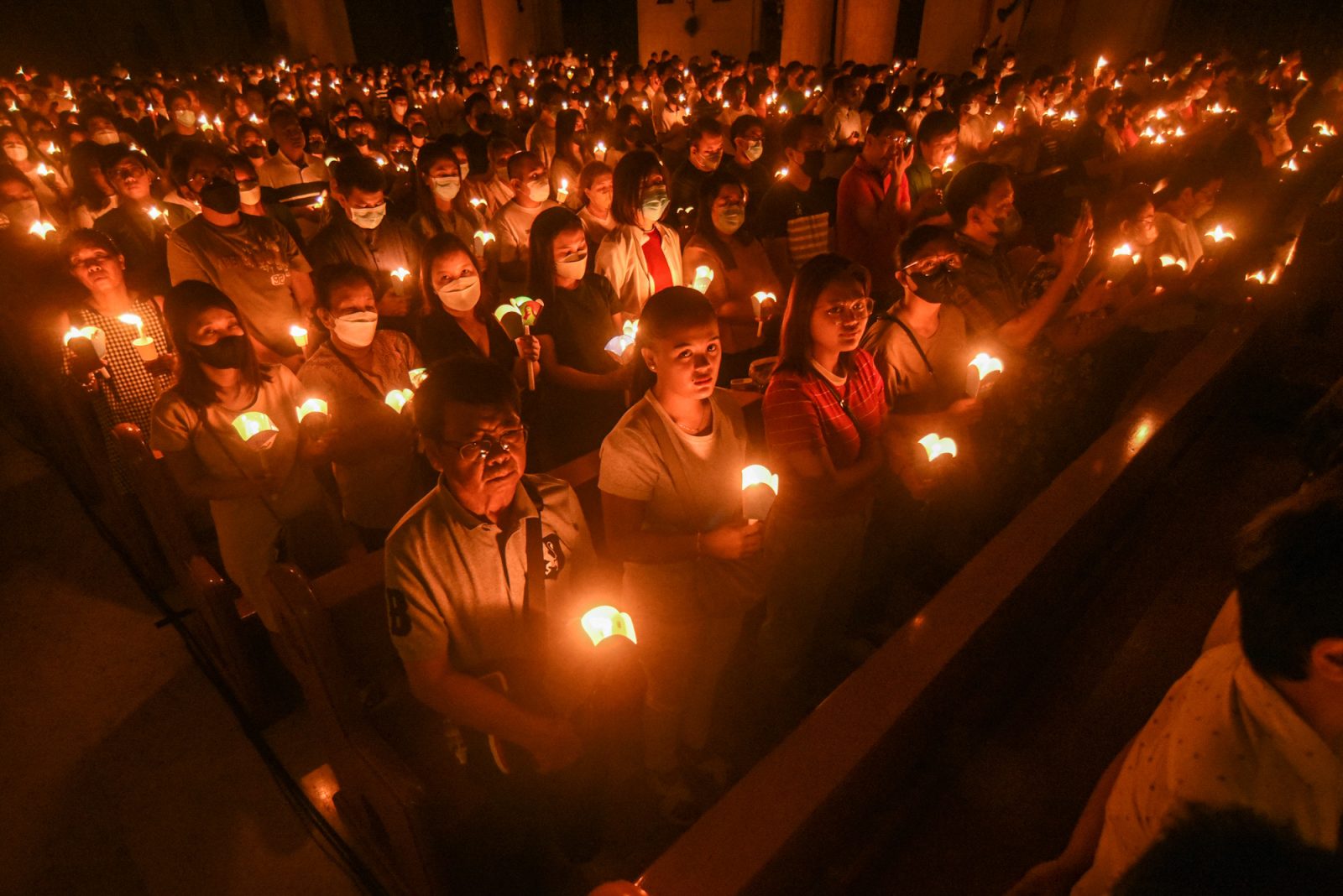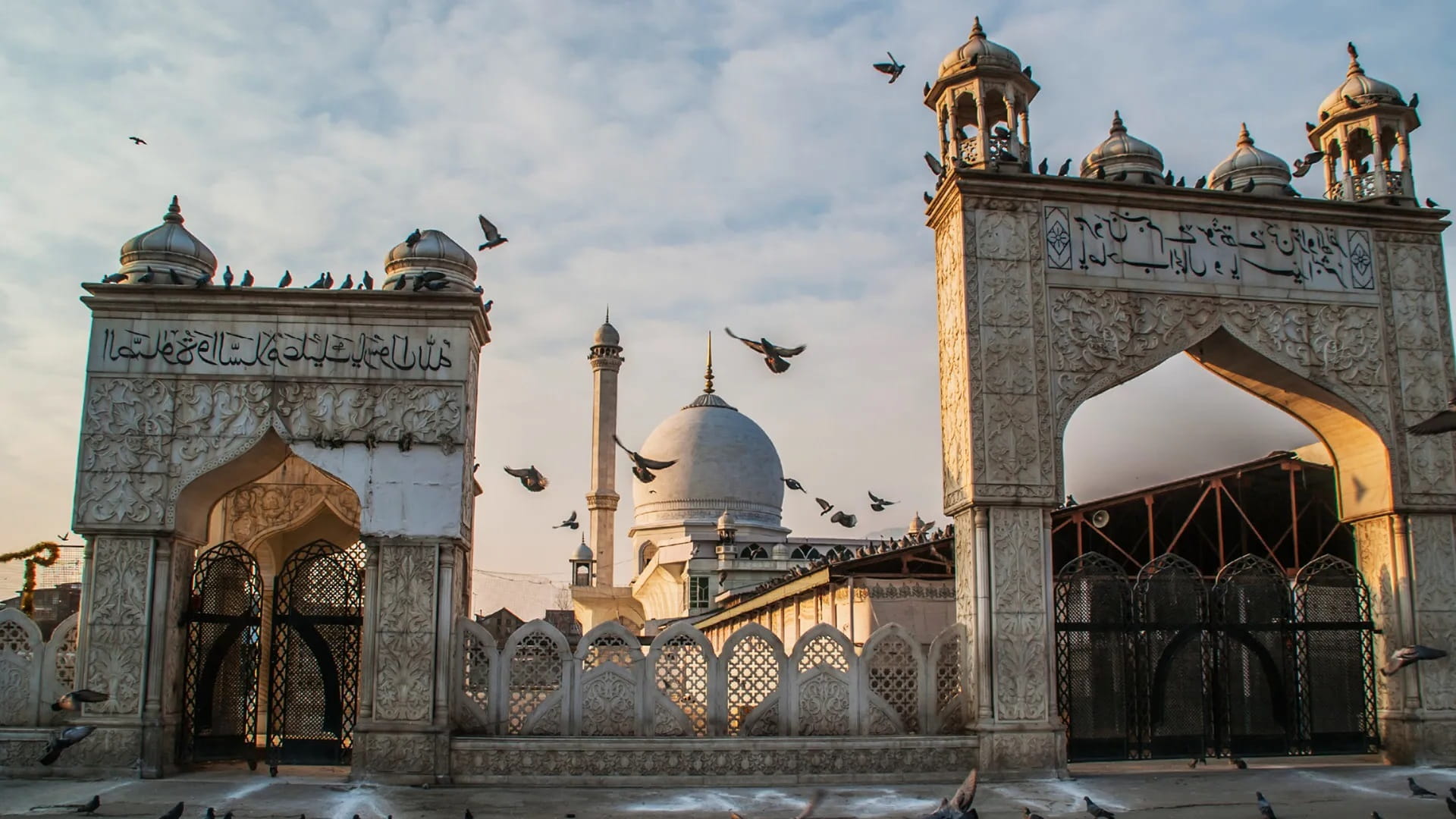
Vigilantes have always captured our imagination. From comic book heroes to real-life figures, these individuals take justice into their own hands, often operating outside the law. But what drives someone to become a vigilante? Is it a sense of justice, revenge, or something more complex? This blog post dives into the world of vigilantes, exploring their motivations, methods, and the impact they have on society. Whether you're a fan of Batman or curious about real-life vigilantes like the Guardian Angels, you'll find fascinating facts that shed light on these shadowy figures. Buckle up as we journey through the intriguing world of vigilantes!
Vigilantes: Who Are They?
Vigilantes often operate outside the law, taking justice into their own hands. They can be found in history, literature, and even modern society. Here are some intriguing facts about these self-appointed enforcers.
-
Vigilante Origins: The term "vigilante" comes from the Spanish word "vigilante," meaning "watchman" or "guard."
-
Historical Roots: Vigilantism dates back to ancient times. In Rome, citizens formed groups to protect their neighborhoods.
-
Wild West Justice: In the American Wild West, vigilante groups often formed to combat lawlessness in frontier towns.
-
Famous Vigilante Groups: The San Francisco Committee of Vigilance was one of the most famous vigilante groups in U.S. history, formed in 1851 to fight crime and corruption.
-
Vigilantes in Literature: Characters like Batman and The Punisher are modern-day vigilantes in comic books, taking the law into their own hands to fight crime.
Motivations Behind Vigilantism
Understanding why people become vigilantes can shed light on their actions. These motivations often stem from a sense of justice or frustration with the legal system.
-
Sense of Justice: Many vigilantes believe they are righting wrongs that the legal system has failed to address.
-
Personal Loss: Some vigilantes are driven by personal tragedy, seeking revenge for a crime committed against them or their loved ones.
-
Community Protection: In some cases, vigilantes act to protect their communities from perceived threats.
-
Distrust in Law Enforcement: A lack of faith in the police or judicial system can lead individuals to take matters into their own hands.
-
Moral Duty: Some feel a moral obligation to act when they see injustice, believing it's their duty to intervene.
Vigilantism Around the World
Vigilantism isn't confined to one region or culture. It occurs globally, often in response to local conditions and challenges.
-
South Africa: In South Africa, vigilante groups like PAGAD (People Against Gangsterism and Drugs) formed to combat crime and drug abuse.
-
Mexico: Mexican vigilante groups, known as "autodefensas," have emerged to fight against drug cartels and corruption.
-
India: In India, vigilante justice is sometimes carried out by groups like the "Gulabi Gang," which fights against domestic violence and corruption.
-
Philippines: President Rodrigo Duterte's war on drugs has seen the rise of vigilante killings, with citizens taking part in extrajudicial actions.
-
Brazil: In Brazil, vigilante groups often target criminals in favelas, where law enforcement presence is limited.
Legal and Ethical Implications
Vigilantism raises significant legal and ethical questions. While some see it as a necessary evil, others view it as a dangerous precedent.
-
Legal Consequences: Vigilantes can face legal repercussions, including arrest and imprisonment, for taking the law into their own hands.
-
Ethical Dilemmas: The morality of vigilantism is debated, with questions about whether it's ever justified to break the law to enforce it.
-
Human Rights Violations: Vigilante actions can lead to human rights abuses, including unlawful killings and torture.
-
Impact on Society: Vigilantism can undermine the rule of law, leading to a breakdown in social order and trust in legal institutions.
-
Media Influence: Media portrayal of vigilantes can glamorize their actions, potentially encouraging others to follow suit.
Famous Vigilantes in History
Throughout history, certain vigilantes have become legendary, their stories inspiring both admiration and controversy.
-
Robin Hood: The legendary English outlaw who stole from the rich to give to the poor is one of the most famous vigilantes in folklore.
-
El Zorro: A fictional character created by Johnston McCulley, Zorro is a masked vigilante who defends the oppressed in Spanish California.
-
The Bald Knobbers: A vigilante group in Missouri during the 1880s, known for their violent methods of maintaining order.
-
The Guardian Angels: Founded in 1979 in New York City, this group of unarmed vigilantes patrols subways and streets to prevent crime.
-
Bernhard Goetz: Known as the "Subway Vigilante," Goetz gained notoriety in 1984 after shooting four men he claimed were trying to rob him on a New York City subway.
Vigilantism in Pop Culture
Pop culture has a fascination with vigilantes, often portraying them as heroes or anti-heroes who challenge the status quo.
-
Batman: Perhaps the most iconic vigilante in pop culture, Batman fights crime in Gotham City using his intellect, physical prowess, and gadgets.
-
The Punisher: A Marvel Comics character, The Punisher is a former Marine who wages a one-man war on crime after his family is murdered.
-
Dexter Morgan: The protagonist of the TV series "Dexter," Morgan is a forensic expert who leads a double life as a vigilante serial killer targeting other criminals.
-
V for Vendetta: The character V, from the graphic novel and film "V for Vendetta," fights against a totalitarian regime in a dystopian future.
-
Arrow: The TV series "Arrow" features Oliver Queen, a billionaire who becomes a vigilante archer to fight crime and corruption in his city.
Modern-Day Vigilantes
Even today, vigilantes continue to emerge, often using technology and social media to organize and carry out their actions.
-
Anonymous: The hacktivist group Anonymous conducts cyber-attacks against organizations and governments they believe are corrupt or unjust.
-
Guardian Angels: Still active today, the Guardian Angels have expanded their operations to cities around the world, continuing their mission to prevent crime.
-
Neighborhood Watch Groups: These community-based groups act as modern-day vigilantes, keeping an eye out for suspicious activity and reporting it to authorities.
-
Online Vigilantism: Known as "doxxing," online vigilantes expose personal information of individuals they believe have committed wrongdoings.
-
Citizen Patrol Apps: Apps like Citizen and Nextdoor allow users to report and monitor crime in real-time, blurring the line between community watch and vigilantism.
The Future of Vigilantism
As society evolves, so does the concept of vigilantism. Technology, social change, and legal developments will shape its future.
-
AI and Surveillance: Advances in AI and surveillance technology could lead to new forms of vigilantism, with individuals using these tools to monitor and report crime.
-
Legal Reforms: Changes in laws and policing practices may reduce the need for vigilantism by addressing the root causes of crime and injustice.
-
Social Movements: Grassroots movements advocating for justice and reform can channel the energy of potential vigilantes into positive change.
-
Globalization: As the world becomes more interconnected, vigilante actions in one region can inspire similar movements elsewhere.
-
Ethical Debates: Ongoing discussions about the ethics of vigilantism will continue to shape public perception and influence how society deals with those who take the law into their own hands.
Vigilantes: The Unseen Heroes
Vigilantes have always fascinated us. These individuals, often operating outside the law, take justice into their own hands. They emerge in times of crisis, filling gaps where official systems falter. While their actions can be controversial, their impact is undeniable. From historical figures like Robin Hood to modern-day heroes, vigilantes challenge our perceptions of right and wrong.
Their stories remind us of the power of individual action. They show that one person can make a difference, even in the face of overwhelming odds. However, it's essential to remember that vigilantism can lead to unintended consequences. The line between hero and outlaw is thin.
As we reflect on these 40 facts, let's appreciate the complexity of vigilantes. They embody both the best and worst of human nature, reminding us of our capacity for both justice and chaos.
Was this page helpful?
Our commitment to delivering trustworthy and engaging content is at the heart of what we do. Each fact on our site is contributed by real users like you, bringing a wealth of diverse insights and information. To ensure the highest standards of accuracy and reliability, our dedicated editors meticulously review each submission. This process guarantees that the facts we share are not only fascinating but also credible. Trust in our commitment to quality and authenticity as you explore and learn with us.


